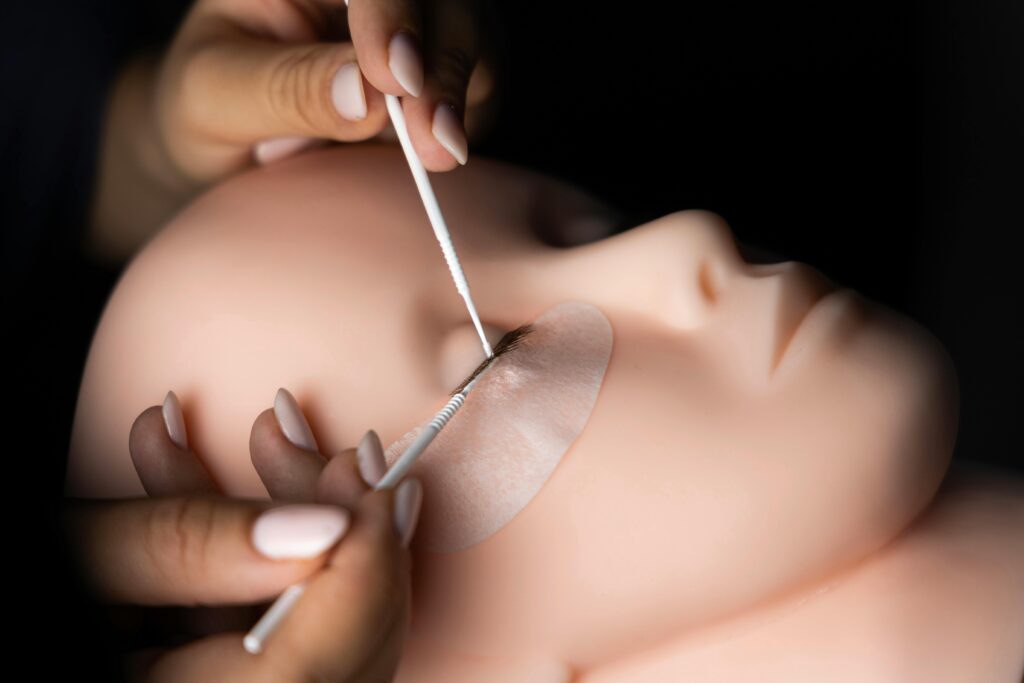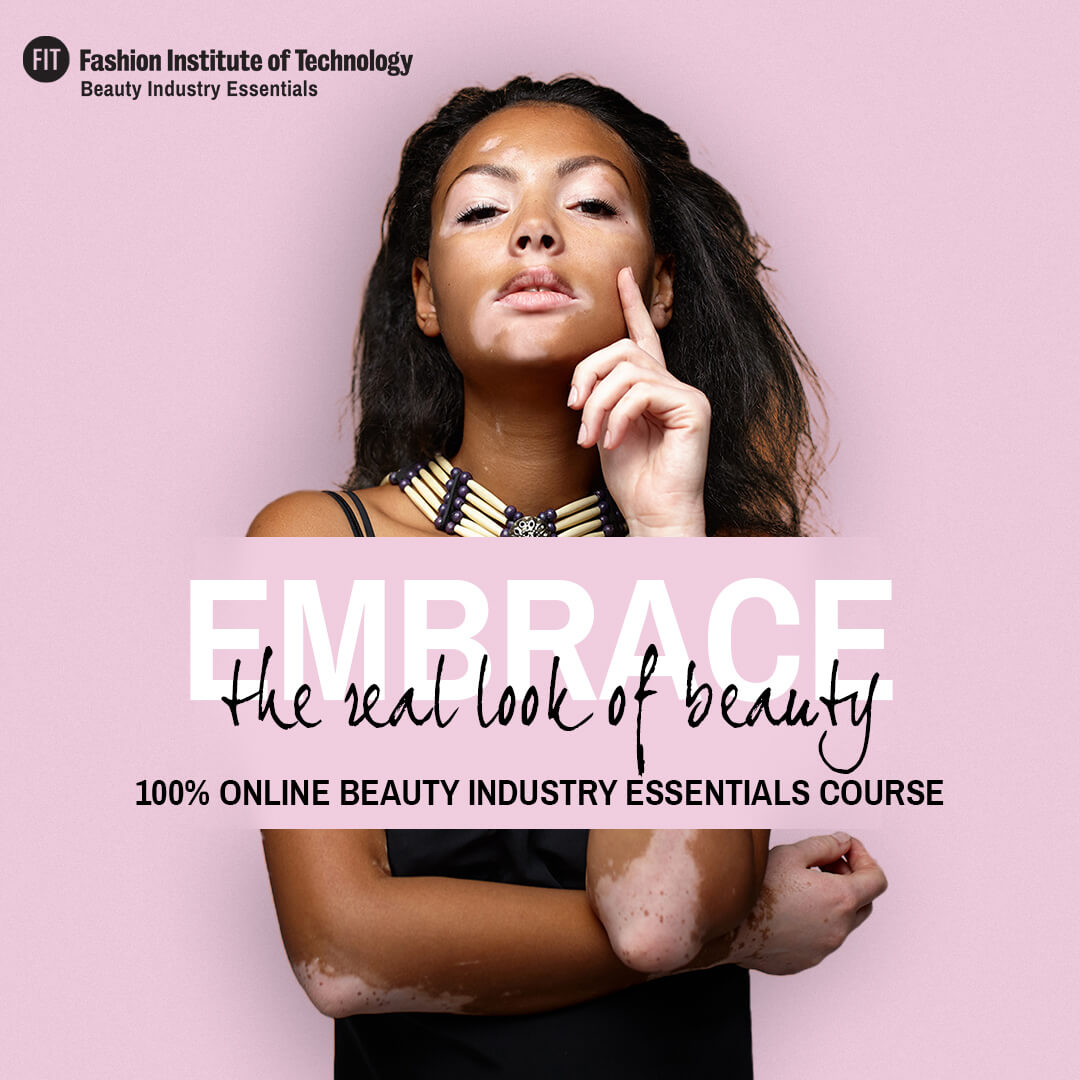Formulating skincare products is a blend of science, art, and innovation that requires a deep understanding of ingredients, skin types, and product formulations. Being proficient in formulating skincare products is a valuable skill that can lead to the development of effective and high-quality skincare solutions.
1. Understanding Skin Biology
Before delving into the world of skincare product formulation, it’s crucial to have a fundamental understanding of skin biology. Knowing the different layers of the skin, its functions, and common skin concerns can help you tailor your formulations to address specific needs effectively.
2. Identifying Ingredients
Ingredients are the building blocks of any skincare product. Researching and understanding the properties of various ingredients, such as antioxidants, humectants, emollients, and preservatives, is essential for formulating products that deliver desired results without causing harm to the skin.
3. Balancing Actives and Inactives
Active ingredients are the powerhouses that target specific skin concerns, while inactive ingredients provide texture, stability, and overall product performance. Balancing actives with inactives is key to ensuring the efficacy and stability of your skincare formulations.
4. pH Balance and Compatibility
The pH level of a skincare product plays a significant role in its effectiveness and compatibility with the skin. Formulators need to consider the pH balance of their products to ensure they are gentle and non-irritating to the skin while maintaining the stability of active ingredients.
5. Emulsion Science
Emulsions, such as creams and lotions, are common in skincare formulations. Understanding emulsion science, including the role of emulsifiers and stabilizers, is crucial for creating well-textured and stable products that provide hydration and nourishment to the skin.
6. Preservation and Shelf Life
Preservation is essential to prevent microbial growth and maintain the integrity of skincare products. Formulators must select appropriate preservatives and antioxidants to ensure product safety and prolong shelf life without compromising efficacy.
7. Testing and Evaluation
Before launching a skincare product, thorough testing and evaluation are necessary to assess its safety, stability, and performance. Conducting patch tests, stability tests, and compatibility tests is vital to ensure that the product meets quality standards and is safe for consumer use.
8. Regulatory Compliance
Navigating regulatory requirements and ensuring compliance with cosmetic regulations is essential for skincare formulators. Understanding labeling requirements, ingredient restrictions, and safety assessments is crucial to bringing products to market legally and responsibly.
9. Customization and Personalization
One of the advantages of formulating skincare products is the ability to customize and personalize formulations based on individual skin needs. Tailoring products to specific skin types, concerns, and preferences can enhance customer satisfaction and loyalty.
10. Continuous Learning and Innovation
The field of skincare product formulation is ever-evolving, with new ingredients, technologies, and trends emerging constantly. Staying informed about the latest advancements in skincare science and innovation is essential for formulators to create cutting-edge products that meet evolving consumer demands.
Conclusion
Learning how to formulate skincare products requires a combination of scientific knowledge, creativity, and dedication to creating safe, effective, and innovative skincare solutions. By honing your formulation skills and staying updated on industry trends, you can develop products that not only nourish and protect the skin but also delight consumers with their efficacy and quality.
Key Takeaways:
- Understanding skin biology is essential for creating targeted and effective skincare products.
- Knowing the functions and properties of various ingredients helps in building safe and effective formulations.
- Balancing active and inactive ingredients is crucial for product performance and stability.
- Maintaining the correct pH level ensures compatibility with the skin and protects the integrity of active ingredients.
- Understanding emulsion science is important for creating stable creams and lotions with desirable textures.
- Choosing the right preservatives and antioxidants helps maintain product safety and extend shelf life.
- Testing for safety, stability, and effectiveness is necessary before launching a skincare product.
- Regulatory compliance is essential for legal and responsible product development.
- Customizing formulations to individual skin types and concerns can increase consumer satisfaction.
- Continuous learning and staying updated with industry trends are vital for innovation in skincare formulation.
Master the art of formulating skincare products with a deep understanding of ingredients, skin biology, and formulation techniques. Elevate your skills by exploring the FIT Beauty Industry Essentials online course and certificate program offered by Yellowbrick.





